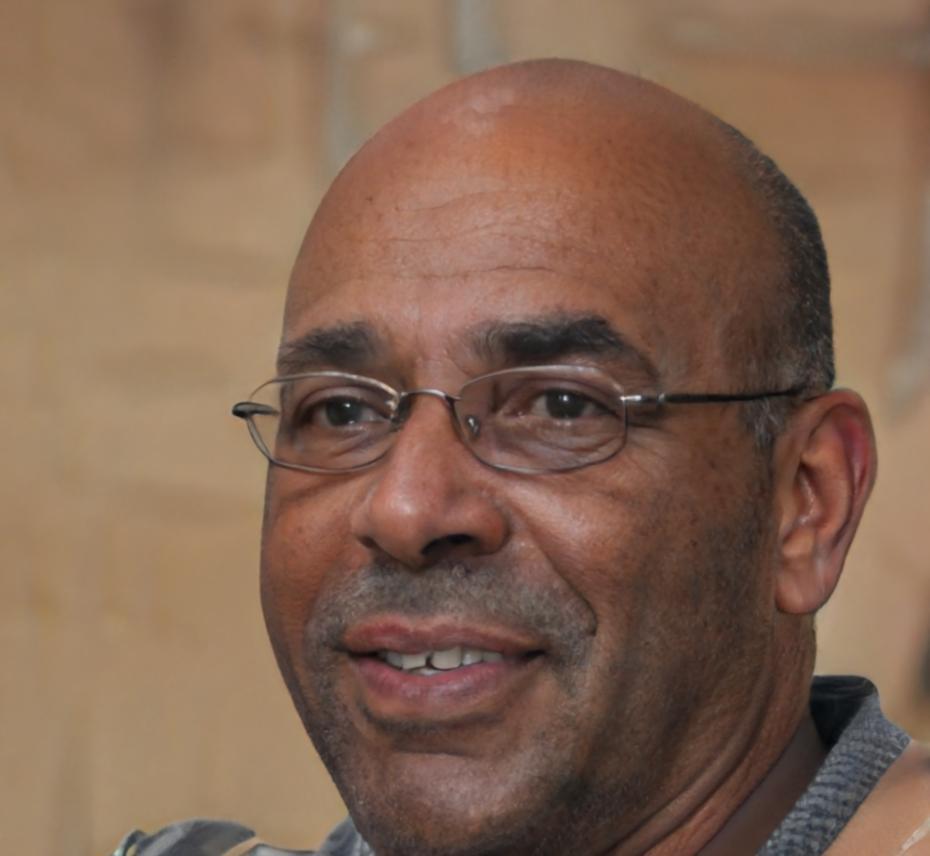Financial Confidence Starts With Understanding
Most people leave school without learning how superannuation actually works or what a marginal tax rate means. Then life happens – your first job, a car loan, maybe a mortgage – and suddenly you're making decisions that affect your next thirty years.
We built this program because money shouldn't be mysterious. Whether you're starting out or finally ready to understand where your pay goes each fortnight, we'll help you make sense of it.

Three Learning Tracks for Different Stages
Pick the one that matches where you are right now. You can always come back and try another track later – there's no lock-in, just learning that fits your life.
Foundation Money Skills
Starts September 2025. Eight weeks covering budgeting basics, savings strategies, and understanding credit. Perfect if you've never tracked expenses before or want to reset your relationship with money.
Property and Investment Fundamentals
Begins November 2025. Twelve weeks exploring home buying, shares, and superannuation choices. Best for those who've got the basics sorted and want to understand investing without the jargon.
Tax Planning and Wealth Building
Starts February 2026. Ten weeks diving into tax deductions, salary packaging, and long-term wealth strategies. Designed for people who want to optimize what they've already built.
Real Progress Takes Time
We're not promising overnight transformations. Financial literacy builds gradually through consistent effort and practical application.
Where Most People Start
The Confusion Stage
You open your banking app and see numbers, but they don't tell you much. Bills come out randomly, your super sits somewhere doing something, and tax time means panic-googling what receipts to keep.
Common Challenges
Not understanding why money disappears so quickly. Feeling overwhelmed by financial terms. Avoiding super statements because they're confusing. Stress about whether you're doing this whole "adult money thing" right.
After Six Months of Learning
The Clarity Stage
You've built a budget that actually works for your life. You understand where each dollar goes and why. Tax time becomes straightforward because you've tracked everything properly throughout the year.
Tangible Improvements
Creating savings buffers that reduce money stress. Making confident decisions about insurance and super contributions. Understanding loan documents before signing. Having actual conversations about money without feeling lost.
How to Get Started This Year
Enrollment opens June 2025 for our September intake. Here's what happens from registration through your first month of learning.
Choose Your Track and Register
Fill out the online form with your current financial situation and learning goals. This helps us match you with the right starting point. Takes about ten minutes.
- Complete the brief financial assessment questionnaire
- Select your preferred track and start date
- Receive confirmation within three business days
Access Pre-Course Materials
Two weeks before your course starts, you'll get access to foundation materials. These aren't mandatory, but they help everyone start from similar ground – especially useful if you're nervous about being behind.
- Watch introductory videos on basic concepts
- Download budget templates and tracking tools
- Join the private student forum to meet your cohort
Attend Your First Session
Week one focuses on building your personal financial picture. You'll map out your current situation – no judgment, just honest assessment. Most students say this first session was eye-opening in ways they didn't expect.
- Complete guided financial audit exercise
- Set realistic learning goals for the program
- Meet your assigned mentor and schedule check-ins


